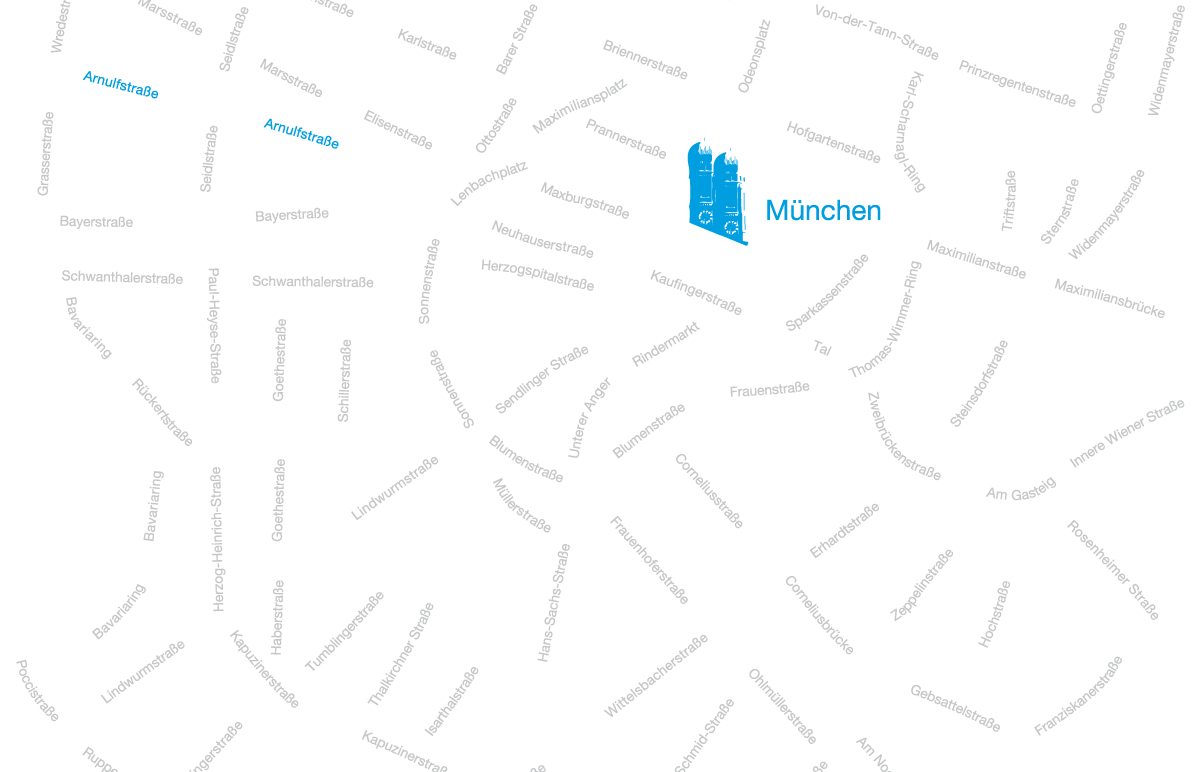Directions
CRI - The Clinical Research Institute
Rosa-Bavarese-Strasse 3, 80639 Munich (Laim), Germany
Phone: +49 89 990 1649 0
From the airport by S-Bahn
- Take the S-Bahn S1 (approx. 35 minutes) or S8 (approx. 45 minutes) in the direction of "Hauptbahnhof" (main station).
- Get off at the "Laim" stop
- Turn left in the underpass
- After the underpass, walk past a long building. You will find the entrance to CRI after the 2nd car gate. Please select "CRI" on the display and ring the bell. Take the elevator to the 5th floor.
From the airport by taxi
- A taxi from the airport to CRI takes about 35-40 minutes and costs about 100 €.

 News
News